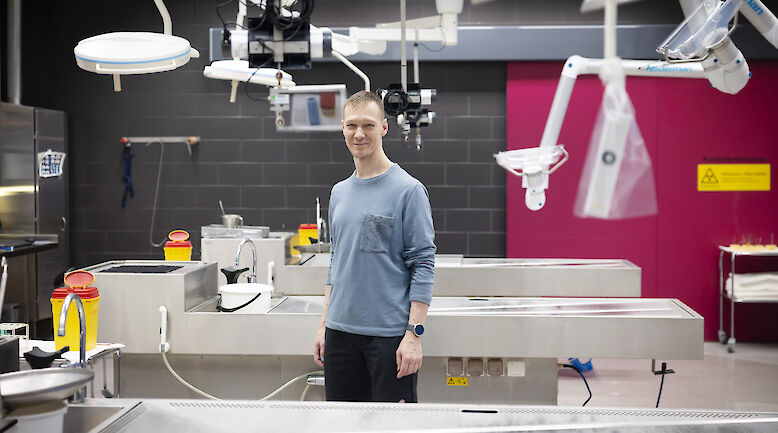English summary: HEALTH-RELATED QUALITY OF LIFE AFTER CABS OR PTCA

Background
Cardiovascular diseases are currently the most common cause of death in Western countries. This trend has been predicted to continue until 2020. Yet studies on the impact of treatment by bypass operation or angioplasty on the long-term health-related quality of life of patients with coronary heart disease have not been published. The purpose of this prospective longitudinal study was to measure the health-related quality of life and its changes during eight years of follow-up after treatment interventions.
Methods
The study series consisted of 280 patients, of whom 100 underwent coronary artery bypass surgery (CABS), 100 percutaneous transluminal coronary angioplasty (PTCA), and 80 were prescribed medication. Quality of life surveys were conducted before the treatments, and one year and eight years after the treatment interventions. The quality of life was measured using the Nottingham Health Profile (NHP).
Results
Bypass surgery patients had a statistically significantly better quality of life eight years after the operation than at baseline on the dimensions of mobility (p<0.0005), energy (p=0.003) and pain (p=0.031). Transluminal angioplasty patients had a statistically significantly better quality of life eight years after the intervention on the dimensions of emotional reactions (p=0.002), pain (p=0.003), mobility (p=0.004) and energy (p=0.005). A significant impairment on the dimension of sleep had taken place during the eight years of follow-up after PTCA (p=0.018). No significant changes were seen in the quality of life of the patients on medication at either one year or eight years.
Conclusions
The need for treatment and primary and secondary prevention of coronary artery disease will increase in the future, especially in the case of high-risk patients. The present findings indicate that bypass grafting and angioplasty continue to significantly improve coronary patients' quality of life eight years after the intervention. Quality of life assessments and patients' subjective opinions are emerging as increasingly important methods of clinical evaluation, because many results fail to show any difference in prognosis after these two interventions.













